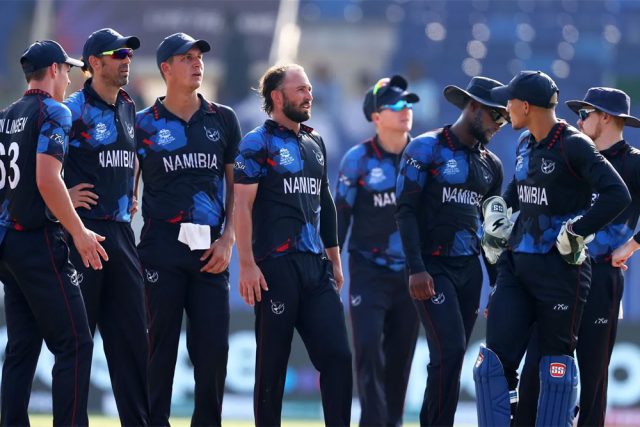By Staff Report
Windhoek, Sept. 22 — A one (1) year substantive agreement has been struck between the Metal and Allied Namibian Workers Union (MANWU) and Kraatz (Pty) Ltd, a division of the Ohlthaver & List (O&L) Group. With the signing of this contract, 35 Kraatz employees who are a part of the negotiating unit will see a 6.5% rise in their base pay beginning on July 1, 2022.
In his statement, Eugene Louw, Managing Director (MD) of Kraatz, praised the union for how the discussions were resolved. He pointed out that the union is crucial to the employer-employee relationship and that collaboration between the two parties promotes long-term success for the company. Louw: “Over the previous two years, Kraatz has not been protected by the impacts of COVID-19. We were able to carry on with business as usual by adjusting to the new normal and staying committed to meeting our goals. I am quite happy with how our staff members have persevered and done their best work despite the current global turmoil. For this reason, we believed an increase was only the right thing to do to ensure our people can survive the new challenges we face such as the increased cost of living and rising inflation.
The people who can make our company successful are our employees, who are our most significant stakeholders. We wouldn’t have a business or a future to look forward to without their devotion and dedication to our Group’s purpose of “Creating a future, enhancing life.” To ensure that we create that future for everyone, I want to implore each of our employees to uphold our values and stay committed to our Vision 2025 Breakthrough plan.
“The union and shop stewards committee are delighted by the style and spirit in which the negotiations were handled,” said John Hinyekwa, regional organizer of the MANWU. We appreciate the employees’ patience and support in helping us and the business come to an agreement. There will be enough effort for both parties to produce great results moving forward, and we, the union and the employees remain optimistic about this. Although the negotiations were difficult, we were able to come to an agreement by working together and being open with one another. I also want to express my gratitude to the directors of Kraatz (Pty) Ltd for their flexibility and compassion for the workers’ situation.











